I’ve watched too many good people leave teams and watched those teams fall apart afterward. Not because the person was irreplaceable, but because nobody knew what they actually did. The departing person would say their goodbyes, hand over some passwords, maybe do a quick knowledge transfer session, and then disappear. A few weeks later, things would start breaking. Questions would go unanswered. Processes would fall apart. The team would scramble to figure out what was missing.
It’s not that people are trying to be secretive about their work. They just don’t realize how much invisible stuff they handle. The informal mentoring, the cross-team relationships they maintain, the little process improvements they make without thinking about it. When they’re gone, all that institutional knowledge walks out the door with them.
I decided I wasn’t going to let that happen when I left my last team. Instead of the usual rushed handoff, I suggested we do something called a peri-mortem. It’s like a post-mortem, but you do it before the problem happens. You imagine the worst-case scenario and work backward to figure out what would cause it.
So we sat down for a three-hour meeting where I mostly stayed quiet while the team brainstormed everything I actually did. Not just the obvious stuff like coding and meetings, but the invisible work too. The way I’d help newer team members think through problems. The relationships I’d built with other departments. The little process tweaks I’d made over time that nobody noticed until they were gone.
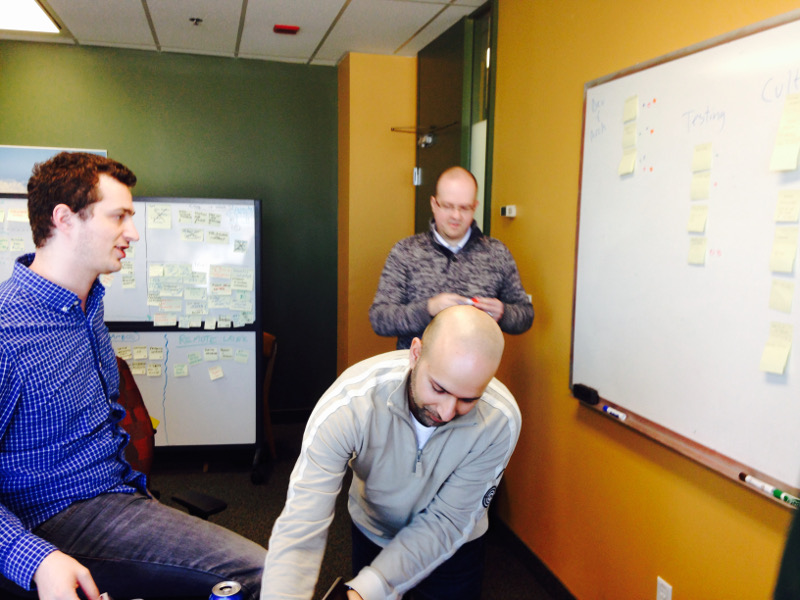
What emerged was eye-opening. My role was way more complex than any job description could capture. I was doing informal project management, cross-team coordination, knowledge sharing, and cultural maintenance without even realizing it. The team identified about 20 different responsibilities I had, and we ranked them by how critical they were to keep the team functioning.
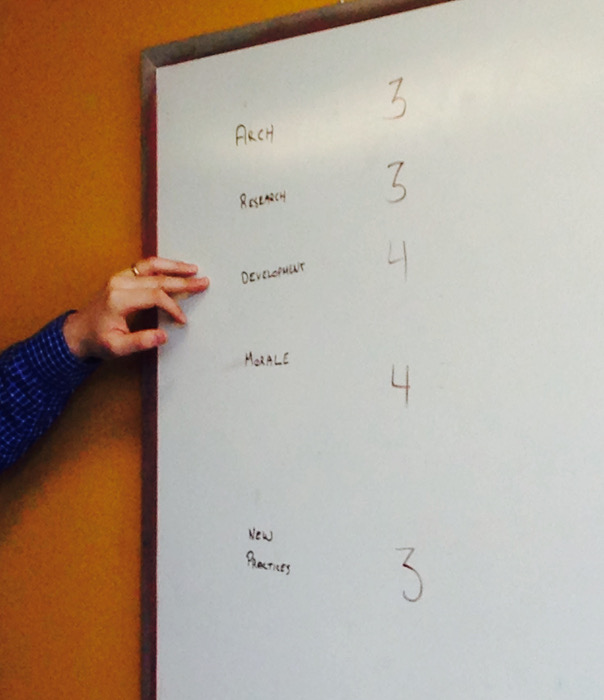
Then we worked backward from there. What would the ideal replacement look like? What skills were actually essential versus nice-to-have? How could we redistribute some of the work to other team members? What processes could we document to make the transition smoother?
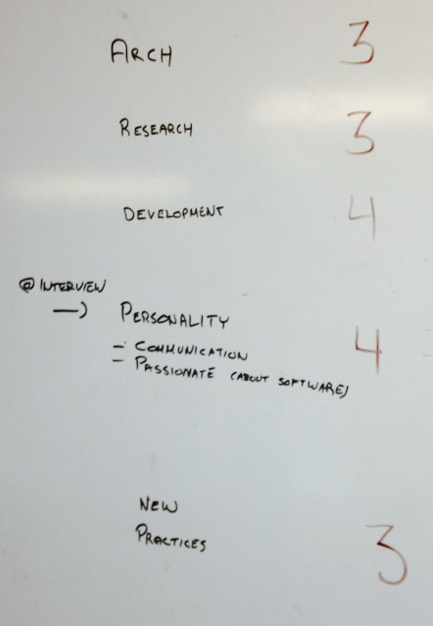
We also talked about the emotional side of things. How the team would feel when I was gone. What stresses the departure would create beyond just the missing skills. How we could support each other during the transition period.
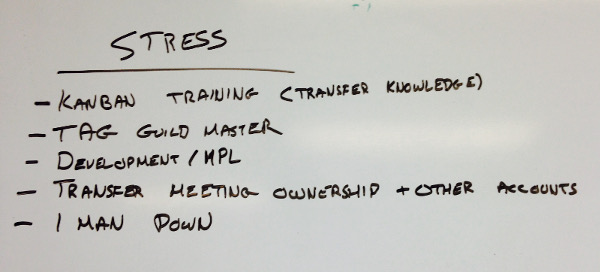
The result was a detailed action plan. Knowledge transfer sessions for the critical stuff. Shadow rotations so other team members could pick up key responsibilities. Process documentation for workflows that only existed in my head. A clear timeline for hiring and onboarding my replacement.
When I actually left a few months later, the transition was remarkably smooth. The team knew exactly what they were missing and had plans in place to address it. My replacement had a much clearer picture of what the role actually involved. And the team was more resilient because they’d been through the planning process together.
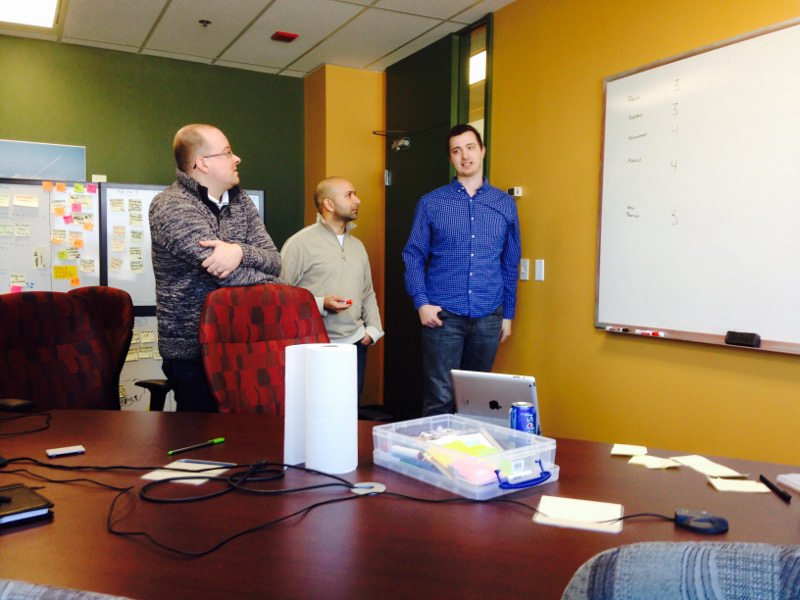
What I ended up doing was treating my departure as a collaborative problem-solving exercise instead of a personal handoff. By imagining the worst-case scenario and working backward, we uncovered all that invisible work that makes teams function. The peri-mortem process turned what could have been a disruptive departure into an opportunity to strengthen the team and improve how they work together.
The key insight is that most departures fail not because the person is irreplaceable, but because teams don’t understand the full scope of what they’re losing. A peri-mortem surfaces all that invisible work and gives everyone a chance to plan for it proactively. It’s a way to leave a team stronger than you found it, even as you’re walking out the door.
I tried to capture my learnings in a guide for myself and others who want to plan smooth team departures.